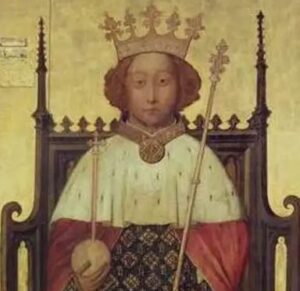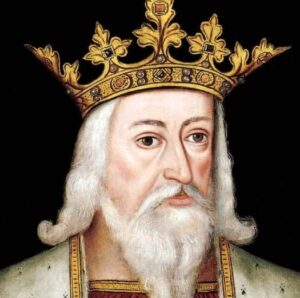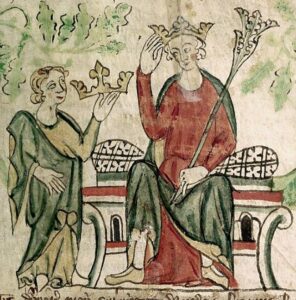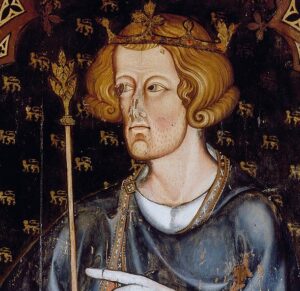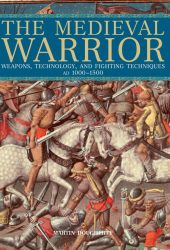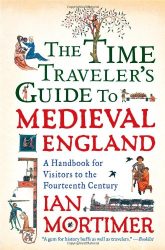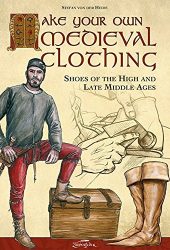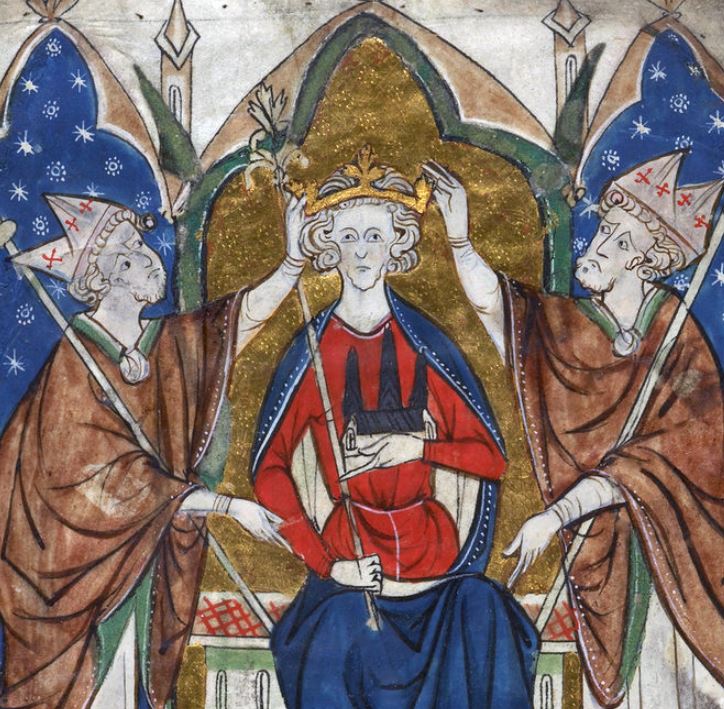
Henry III, born on October 1, 1207, was the son and successor of King John of England and Isabella of Angoulême. He ascended to the throne at the tender age of nine upon his father’s death in 1216, amidst the tumultuous backdrop of the First Barons’ War. Despite his youth, Henry’s reign would span over half a century and leave a lasting impact on the history of England.
Who Was Henry III?
The early years of Henry’s reign were marked by the regency of William Marshal, one of the most respected knights and statesmen of the time, who acted as the de facto ruler of England until Henry came of age. Under Marshal’s guidance, the kingdom weathered internal strife and external threats, gradually stabilizing after the turbulence of the previous reign.
As Henry came of age, he asserted his authority and began to govern in his own right. His reign was characterized by a complex interplay of feudal politics, dynastic ambitions, and religious fervour. Henry sought to strengthen royal authority and centralize power, often clashing with the barons and nobles who sought to preserve their own privileges and autonomy.
One of the defining features of Henry’s reign was his close relationship with the church and his patronage of religious institutions. He lavished funds on the construction and renovation of cathedrals, monasteries, and abbeys, seeking to demonstrate his piety and win divine favour. However, his religious zeal sometimes led to conflicts with the papacy and the clergy, particularly over matters of taxation and ecclesiastical appointments.
Henry’s reign was also marked by significant political and military challenges, including conflicts with his barons, civil unrest, and foreign invasions. The Second Barons’ War, led by Simon de Montfort, Earl of Leicester, posed a serious threat to Henry’s rule and culminated in the famous Battle of Lewes in 1264, where Henry was captured and held as a prisoner.
Despite these challenges, Henry’s reign saw important developments in governance, law, and culture. He issued the Provisions of Oxford in 1258, which sought to reform the royal government and limit the king’s powers, laying the groundwork for the emergence of parliamentary institutions in England.
Henry III’s reign came to an end with his death on November 16, 1272, after a reign of fifty-six years, making him one of the longest-reigning monarchs in English history. While his reign was marked by political turmoil and controversy, Henry’s legacy endures as a period of transition and transformation in English history, laying the foundations for the emergence of parliamentary government and the consolidation of royal authority.
More Members of the Plantagenets Dynasty
The Plantagenets were a powerful dynasty that ruled England from the 12th to the 15th centuries, shaping the course of English history during the medieval period. They were known for their complex family rivalries, military conquests, and cultural patronage.

